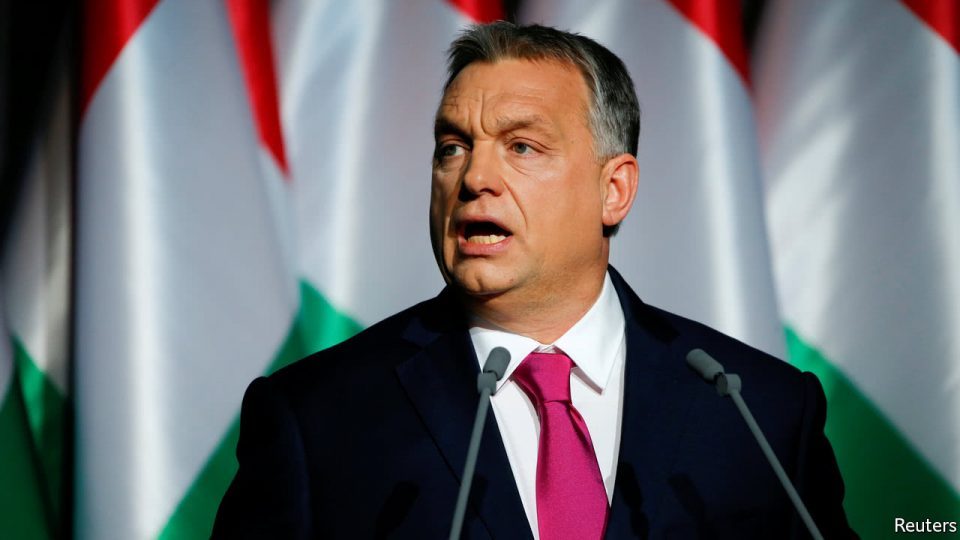Hungarian PM and ruling Fidesz President Viktor Orban has sent a memorandum to the leaders of the European People’s Party (EPP) with a view to altering the EPP’s strategic guideline. “If we wish to renew the EPP, the internal debates regarding the EPP’s future mission are inevitable”, Orban said.
The document was published by Fidesz Vice President Katalin Novak on social media. Ms Novak says: „In order to renew the European People’s Party, PM Viktor Orban sent the following memorandum today to his EPP partners.”
In the memorandum, the Hungarian premier underlines that “From the outset, members of the European People’s Party have played an active and important role in European public discourse,” adding that “without the EPP, Europe could not have formed a majority opinion and a political majority on such important issues as the ousting of the Soviet Union from Central Europe, the rejection and overthrow of communist political systems, the reunification of Europe with the countries liberated from Soviet occupation, the establishment of the Schengen Area and the creation of the Euro”, the V4 news agency reported.
The EPP was resolutely pro-democracy, anti-communist, pro-market, anti-Marxist, pro-nation, in favour of building the Union on the basis of nations, pro-subsidiarity, anti-bureaucracy, Christian-inspired, and a committed representative and devotee of the Christian family model and the matrimony of one man and one woman, values that it represented courageously, proudly and successfully, the Hungarian prime minister recalled. “By today, everything has changed,” Orban adds “and instead of stepping up against communism and Marxism, which left behind a painful legacy in Europe, we are applauding Fidel Castro and Karl Marx. Instead of the Christian-social Rhine model, we embrace egalitarian, socialistic social theories. Instead of subsidiarity, we are in favour of further centralisation and reinforcing the bureaucracy in Brussels. We fail to represent Christian inspirations openly and self-consciously, if there are any left”.
Orban’s memorandum, as his party faces opposition in the EPP, calls for support for pro family policies, and an end to the mass migration to Europe, while endorsing the integration of the Balkans to the EU. Orban says that he believes that the EPP “is sliding from the Christian right-wing towards the left,” adding that “In the eyes of voters, we are slowly becoming indistinguishable from the liberal, green, socialist left.” He draws attention to the fact that whereas in 2011 the EPP had 16 heads of government in the 27 member states and 271 representatives in the European Parliament, “today we have only 9 prime ministers, we have 187 seats in the European Parliament and only few of our members can govern without a coalition partner”.
In this situation, an internal debate on the future mission of the EPP is inevitable. Unfortunately, this did not take place at our last congress in Zagreb. On the contrary, instead of a productive debate, we elected a president who brought Polish domestic conflicts and interests into the EPP. We believe that it is a democratic, legitimate and natural endeavour for a member party of our political family to initiate changing our policy guideline. Democracy and political success is always the result of a lively debate, Orban asks.
In his memorandum, PM Orban suggests that member parties of “our political group (should) consider altering the strategic guideline of the EPP.” We recommend that the EPP should return to the heritage of Wilfried Martins, and we also recommend “supporting our member parties to cooperate and build coalitions not only with the left, but also with the right-wing in their countries,” he adds. “Unity is the most important thing, but in our situation today, unity, a new unity, can only be achieved through honest internal debates,” concludes the Hungarian premier.




Comments are closed for this post.